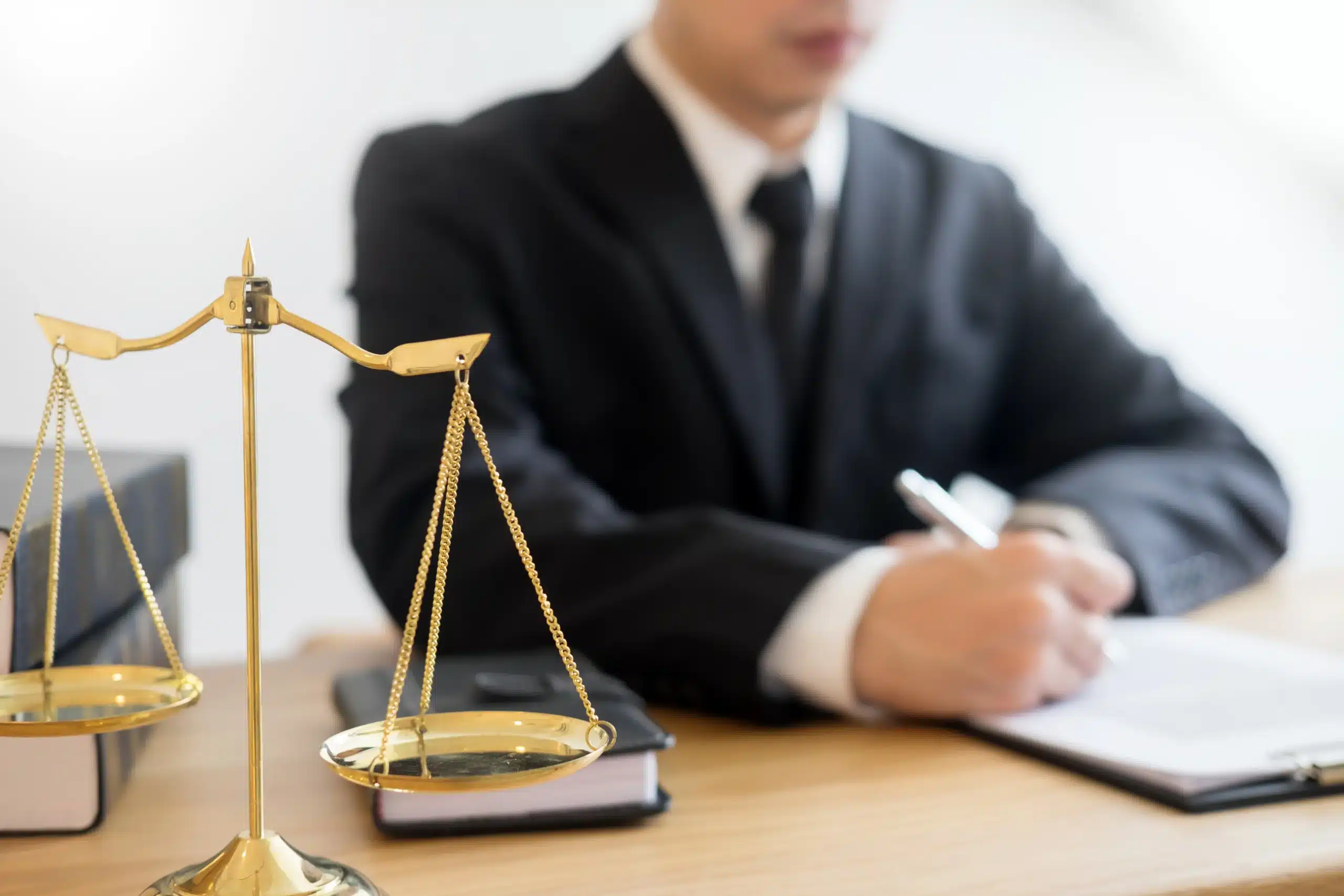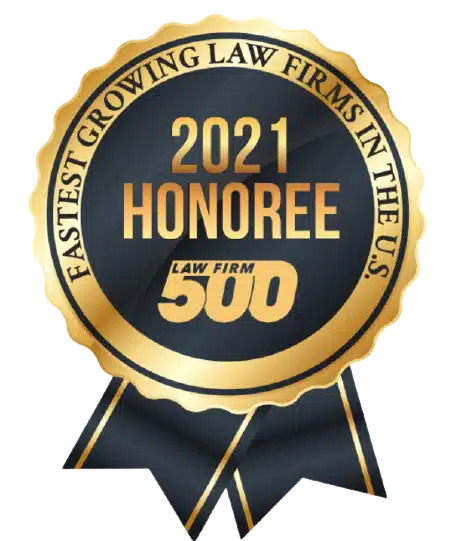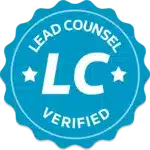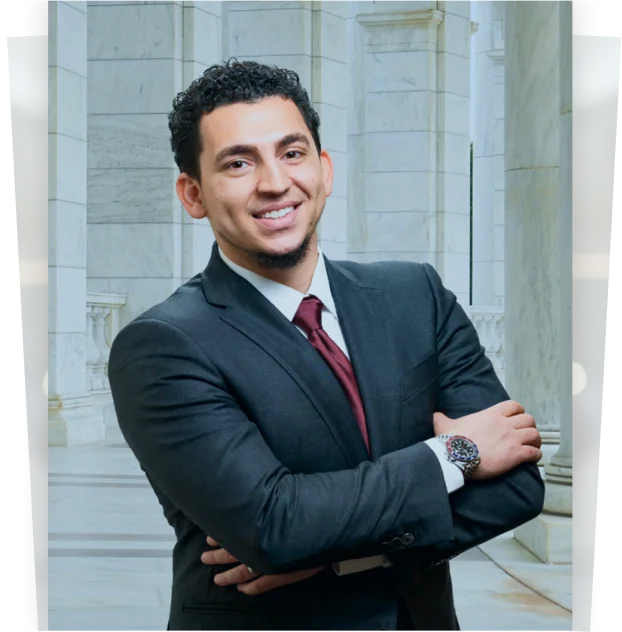What if the Insurance Company Rejects Your Claim?
If your insurance claim has been rejected, please save a copy of the rejection letter and show it to a personal injury lawyer. We’ll go over the details of your accident or injury and work to determine if there is a way to appeal the decision.
In many cases, we can successfully fight the denial and obtain the compensation our clients deserve.
Fault is a major issue in both the undervaluing and rejection of insurance claims. Often, when clients come in with an insurance problem, it can be attributed to a dispute about who is to blame for the injury.
You may believe the other party is at fault, but they might think you are responsible. But as we discussed earlier, it’s entirely possible that both parties shared fault.
Even in this situation, there is room for significant disagreement. For example, if you’re in a car accident, the other driver’s insurance company might decide that you are 40 percent responsible.
But what if your contributions really only added up to 10 or 20 percent? Or, what if you didn’t contribute to the accident at all?
Who makes the final decision?
If you were to go to court, a jury or judge would decide, but most personal injury cases are successfully resolved out of court. Frequently, the insurance company decides.
In a car accident case, both drivers’ insurance companies may get involved and will ultimately negotiate an agreement together. Unfortunately, the insurance companies’ agreement isn’t always in the interests of the injured party.
In other types of insurance claims, there may only be one insurance company. For example, if you fall and hurt yourself on your neighbor’s property, you might file a claim on their homeowner’s insurance.
In this case, there is no reason to file a claim on your homeowner’s insurance because your neighbor wasn’t hurt, and the accident didn’t happen on your property. Ultimately, the insurance adjuster who receives your claim will decide if you shared some fault for the accident or not.
If they overestimate your portion of responsibility, that could result in a smaller settlement for you.
When you have help from an experienced personal injury lawyer, we’ll fight to show you had little or no responsibility for your injuries. Our investigative team will immediately begin seeking new evidence to prove your case, including:
- Witness testimony. Even if you don’t recall seeing any witnesses at the scene, we’ll canvas the area and talk to residents in case anyone did see something.
- Photo or video evidence. We know it isn’t always convenient to grab your phone and take pictures after an accident or injury, but if you can, it might be helpful to your case. If possible, take pictures of your injuries, any property damage (such as the damage to both vehicles in a car accident), the area where the accident occurred, and the surrounding area as well. If you were unable to take pictures, we’ll visit the scene and try to locate videos or photos from any nearby cameras—today, many people have doorbell or security cameras, and in some cases, we can actually find a video of the accident. However, the more time passes, the more likely it is that any video from that day will be deleted, so please contact a lawyer as soon as you can.
- Electronic evidence. Depending on the situation, we may look at phone or other electronic records. Event Data Recorder or EDR data from both vehicles is often used in car accident cases, as it can tell us the speed and direction of each vehicle and the actions taken by the drivers.
- Medical records. If there is a dispute about how your injury occurred, your medical records could be beneficial in showing what happened. Sometimes, we will also consult with medical experts who can testify about how specific injuries happen.
- Expert testimony. Aside from medical experts, we might also use testimony from experts in other fields who can shed light on how an accident or injury transpired. For example, if you were injured at a mall due to their renovation efforts, a construction professional might explain the hazardous condition that caused your fall.
- Police report or other official reports. These aren’t available in every kind of personal injury case but are typically created after a car accident and sometimes after other events, such as a boating accident. Police reports are usually based on evidence at the scene and statements from the involved parties and witnesses. A car accident report will include the officer’s opinion of what happened based on the available evidence, but sometimes the evidence is limited. For this reason, it’s possible to challenge the police report if we can find evidence to support another narrative.

























